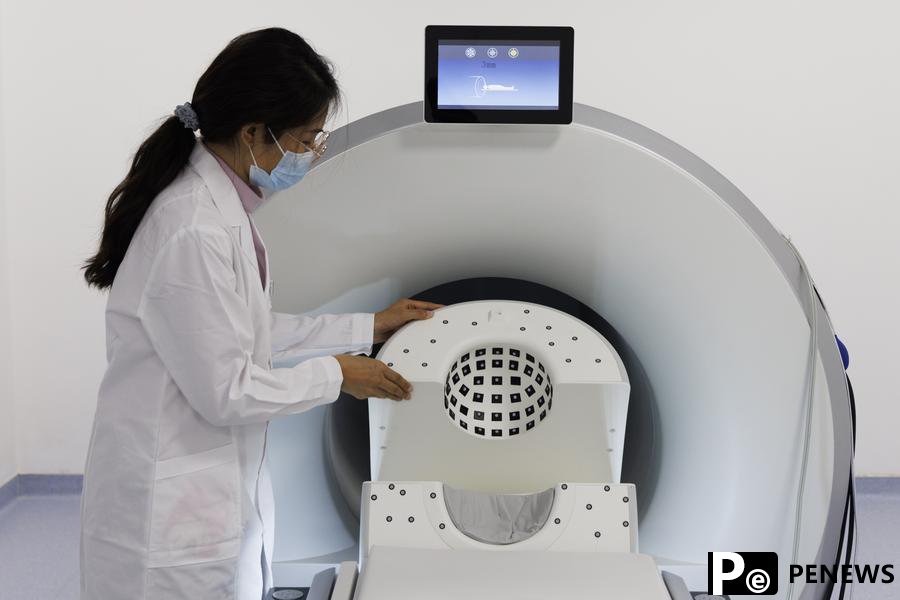Home>>
Q1 growth offers little cheer as tariffs, uncertainty weigh on eurozone(Xinhua) 15:54, May 01, 2025
BRUSSELS, May 1 (Xinhua) -- The eurozone economy expanded by 0.4 percent in the first quarter (Q1) of 2025, surpassing analysts' expectations, according to a flash estimate by Eurostat on Wednesday.
This growth was partly driven by a surge in exports to the United States ahead of anticipated tariffs. However, economists warn that this boost may be short-lived due to rising U.S. trade barriers, weak domestic demand and delayed fiscal stimulus.
EXPORT SURGE FUELS GROWTH
The eurozone's GDP grew by 1.2 percent in Q1 from a year earlier on a seasonally adjusted annual basis. The broader European Union economy also increased by 1.4 percent, maintaining the same pace as the prior quarter.
Some economists attributed the better-than-expected economic growth to a surge in exports to the United States ahead of the higher tariffs.
Germany, the EU's largest economy, saw a 0.2 percent uptick in Q1, partly due to the U.S. tariff policy, said Timo Wollmershauser, deputy director for macroeconomics and surveys at Germany's ifo Institute.
The tightened trade measures prompted advance purchases of German goods, in turn supporting exports and industrial production, Wollmershauser added.
Ireland experienced a notable 3.2 percent GDP increase, likely influenced significantly by front-loading of exports ahead of U.S. tariffs, said Franziska Palmas, senior Europe economist at Capital Economics.
However, Palmas added that beyond Ireland, the impact of front-running U.S. tariffs appeared limited. Goods exports declined in both France and Spain during the same period, while Italy's official GDP release also indicated a drop in net exports.
UNCERTAIN OUTLOOK
Economists cautioned that despite Q1's GDP growth, the data is "already ancient history" and offers little guidance for the economy's trajectory.
According to consulting firm Trading Economics, economic momentum is expected to weaken in the coming months. The rollout of new U.S. tariffs is likely to weigh on EU exports, while elevated uncertainty could dampen both investment activity and household consumption.
In response to these challenges, many European governments are introducing fiscal measures to stabilize growth. Germany, for instance, has amended its Basic Law to allow for higher levels of public borrowing. An expected 500 billion-euro (566 billion-U.S. dollar) fund, spearheaded by the incoming government, aims to address the country's persistent infrastructure deficits and help spur economic recovery.
Palmas noted that any boost from Germany's fiscal stimulus is unlikely to materialize before late in the year. She projected that U.S. tariffs could shave around 0.2 percentage points off eurozone GDP growth in the next six months.
Palmas also believed the recent nationwide blackout in Spain could cut as much as 0.4 percentage points from the country's GDP growth in Q2. Her forecast shows eurozone GDP stagnating in Q2 and expanding by just 0.1 percent in Q3.
Looking ahead to the full year, Peter Vanden Houte, chief economist for the Eurozone at ING, projected that eurozone GDP growth in 2025 is likely to reach just 0.7 percent at best -- roughly in line with 2024.
(Web editor: Zhang Kaiwei, Kou Jie)








